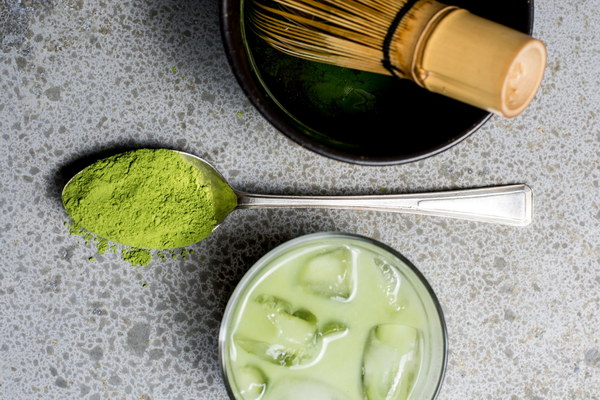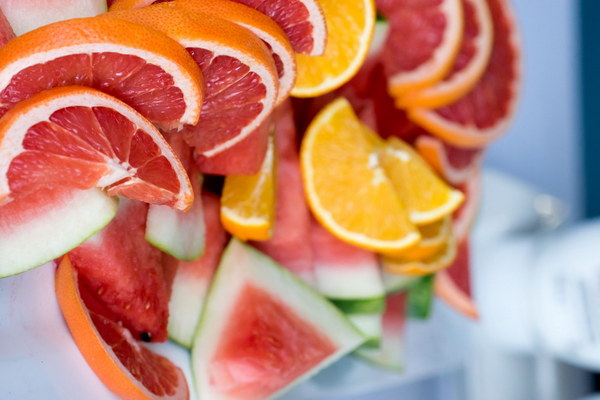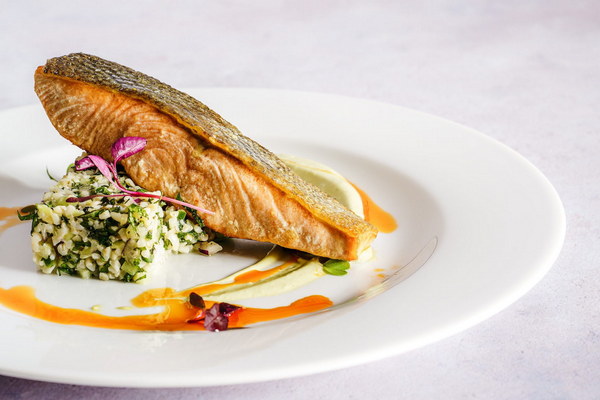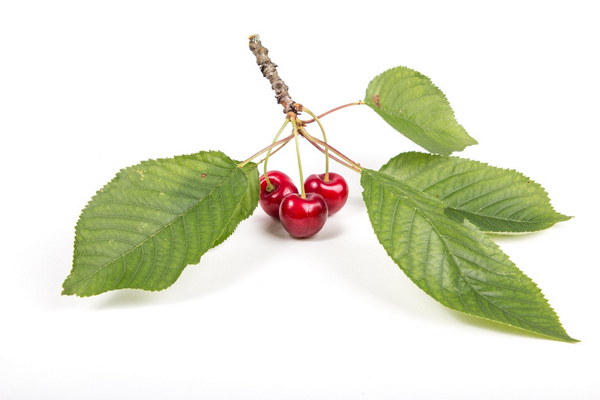The Ultimate Guide to Lung and SpleenNourishing Foods for Childrens Health
In the realm of pediatric health, nourishing the lungs and spleen is crucial for children's overall well-being. The lungs are responsible for breathing and immune function, while the spleen plays a vital role in digestion and blood production. This comprehensive guide outlines a variety of lung and spleen-nourishing foods that can be incorporated into a child's diet to support their growth and development.
Introduction
The Chinese traditional medicine emphasizes the importance of balancing the body's Yin and Yang to maintain health. For children, this balance is particularly important as their bodies are still growing and developing. By focusing on lung and spleen-nourishing foods, parents can help strengthen their child's immune system, improve digestion, and enhance their respiratory health.
1. Lung-Nourishing Foods
A. Apples
Apples are rich in antioxidants and fiber, which help to strengthen the immune system and protect the lungs. They also aid in digestion and can help to prevent respiratory infections.
B. Pears
Pears are another excellent lung-nourishing fruit, containing vitamins C and E, which are known for their immune-boosting properties. The high water content of pears also helps to keep the respiratory system hydrated.
C. Honey
Honey has natural antibacterial properties and is often used to soothe sore throats and coughs. It can be added to warm milk or tea to provide a soothing effect on the lungs.
D. Shiitake Mushrooms
Shiitake mushrooms are a powerhouse of nutrients, including beta-glucans, which support the immune system. They can be used in soups or stir-fries to add a nutritional boost.
2. Spleen-Nourishing Foods
A. Sweet Potatoes
Sweet potatoes are a great source of beta-carotene, vitamin A, and fiber. These nutrients are essential for maintaining healthy digestion and boosting the spleen's function.
B. White Rice
White rice is a staple in many cultures and is considered spleen-nourishing due to its mild and neutral properties. It helps to balance the stomach and spleen, promoting healthy digestion.
C. Chicken
Chicken is a good source of protein and vitamins B12 and B6, which are important for spleen health. It can be cooked in a variety of ways to suit different tastes and dietary needs.
D. Black Beans
Black beans are rich in fiber, iron, and folate, all of which are beneficial for spleen health. They can be added to soups, stews, or made into hummus for a protein-packed snack.
3. Recipes and Tips
A. Honey and Lemon Chicken Soup
- 1 whole chicken, cleaned and cut into pieces

- 1 lemon, sliced
- 1 onion, chopped
- 2 cloves of garlic, minced
- 1 tablespoon of honey
- 1 teaspoon of salt
- 4 cups of chicken broth
In a large pot, combine all the ingredients and bring to a boil. Reduce heat and simmer for about 30 minutes or until the chicken is cooked through. Serve hot, with a sprinkle of lemon slices on top.
B. Sweet Potato and Black Bean Stir-Fry
- 2 medium sweet potatoes, peeled and cut into bite-sized pieces
- 1 can of black beans, drained and rinsed
- 1 tablespoon of olive oil
- 1 onion, chopped
- 2 cloves of garlic, minced
- Salt and pepper to taste
Heat the oil in a large skillet over medium heat. Add the onion and garlic, sautéing until translucent. Add the sweet potatoes and black beans, stirring occasionally. Cook until the sweet potatoes are tender, about 10-15 minutes. Season with salt and pepper before serving.
Conclusion
Incorporating lung and spleen-nourishing foods into a child's diet is a simple yet effective way to support their overall health. By focusing on a variety of fruits, vegetables, and proteins, parents can help ensure that their children are getting the necessary nutrients to thrive. Remember to consult with a healthcare provider or a nutritionist before making significant changes to a child's diet.









